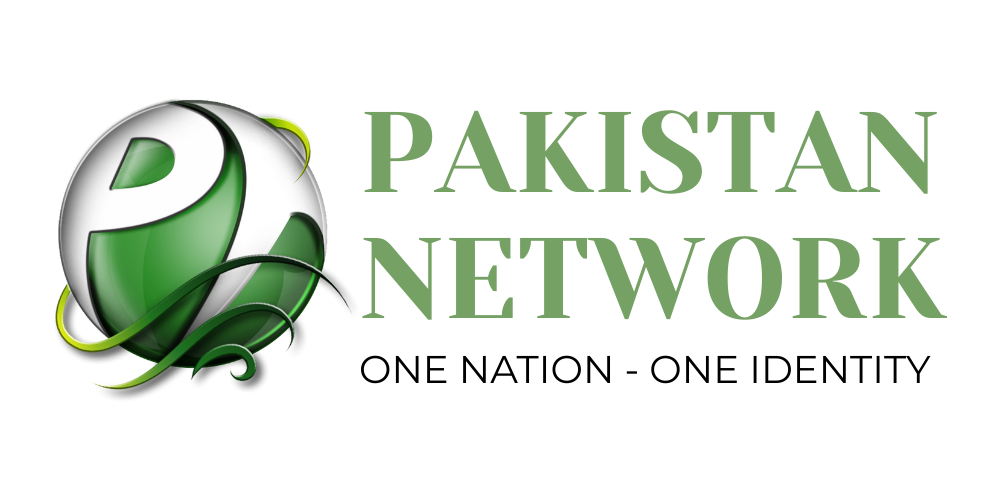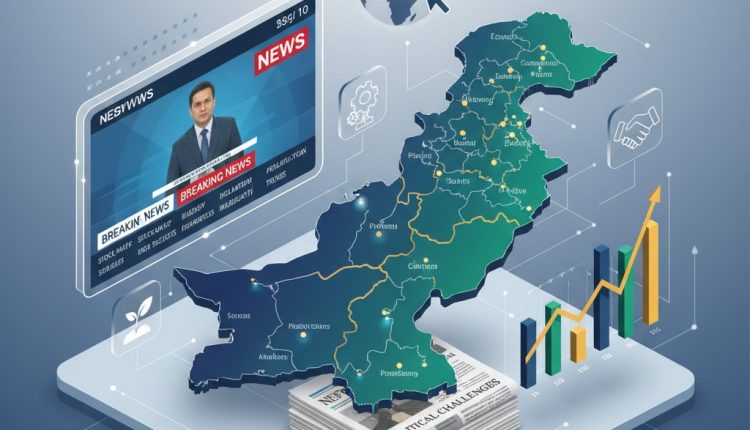Current Affairs of Pakistan January 2026: Complete Monthly Roundup
January 2026 has been a significant month for Pakistan, marked by important economic decisions, diplomatic initiatives, and major infrastructure developments. This comprehensive roundup covers the most important current affairs of Pakistan from the past month, providing students, professionals, and informed citizens with essential updates across political, economic, social, and international domains. For the latest Pakistan breaking news, stay informed about the developments shaping the nation.
Political Developments in Pakistan
The political landscape in January remained dynamic with several key decisions affecting the country’s governance and policy direction. The government focused on economic stabilisation measures while addressing concerns about regional security and diplomatic relations. Important legislative sessions took place, with discussions centred on economic reforms and administrative improvements.
Provincial governments also announced various development projects aimed at improving public services and infrastructure. Political parties engaged in debates over economic policies, with particular attention to inflation control and employment generation. The month saw continued efforts to strengthen democratic institutions and improve governance mechanisms across federal and provincial levels.
Economic Updates and Financial Decisions
January brought significant changes to Pakistan’s economic indicators. The government revised fuel prices twice during the month, with petrol increasing by Rs2.43 and diesel by Rs3.02 in the latest adjustment. These changes reflected global oil market fluctuations and their impact on domestic pricing mechanisms.
The Pakistani rupee showed varying performance against major currencies throughout the month. The State Bank of Pakistan maintained its monetary policy stance while monitoring inflation trends closely. Import and export figures indicated ongoing efforts to reduce the trade deficit through targeted measures.
Several economic reforms were discussed, including tax collection improvements and measures to document the economy. The government continued negotiations with international financial institutions regarding ongoing loan programs and economic support packages. Industrial production data showed mixed results, with some sectors showing growth while others faced challenges.
International Relations and Diplomatic Efforts
Pakistan’s foreign policy remained active on multiple fronts during January. The country participated in important regional dialogues, including critical talks with Afghanistan’s Taliban government in Istanbul. These discussions focused on border security, counter-terrorism cooperation, and trade relations between the two neighbours.
Pakistan also joined a fresh diplomatic push for peace in Gaza, working with international partners to address the humanitarian crisis. The country raised important concerns at the United Nations Security Council regarding the Indus Waters Treaty, urging India to honour international water-sharing agreements.
Bilateral relations with key partners showed positive momentum, with several high-level visits and agreements signed during the month. Trade delegations explored new opportunities for economic cooperation, particularly in energy, agriculture, and technology sectors. Pakistan continued its engagement with regional organisations, contributing to discussions on security, trade, and development issues.
Infrastructure and Development Projects
Infrastructure development received significant attention in January, with several major projects making progress. The most notable announcement was the commencement of the Rawalpindi Kachehri Underpass construction, a long-awaited solution to one of the city’s worst traffic bottlenecks. This project promises to significantly improve traffic flow and reduce commute times for thousands of daily travellers.
Road infrastructure improvements continued across the country, with federal and provincial governments allocating resources for highway upgrades and new link roads. Urban development projects focused on improving water supply systems, waste management, and public transportation networks in major cities.
Energy sector developments included progress on renewable energy projects and efforts to reduce circular debt. Several solar and wind power projects moved forward, contributing to Pakistan’s goals of increasing clean energy generation. The government also announced measures to improve electricity distribution and reduce power theft.
Social and Educational Developments
The education sector saw important policy discussions in January, focusing on improving literacy rates and educational quality. Digital learning initiatives expanded, bringing technology-enabled education to more students across the country. Universities announced admission processes for upcoming academic sessions, with emphasis on merit-based selections.
Healthcare initiatives included vaccination campaigns and efforts to improve primary healthcare facilities in rural areas. The government announced measures to address maternal and child health indicators, allocating additional resources to underserved regions.
Social welfare programs continued their operations, with beneficiaries receiving support through various government schemes. Efforts to document and expand the social safety net remained a priority, ensuring that assistance reaches deserving families across the country.
Security and Defence Matters
Border security remained a priority throughout January, with security forces conducting operations against terrorist elements in various regions. The military maintained vigilance along international borders, ensuring the safety of citizens and national sovereignty.
Counter-terrorism operations continued in areas affected by militant activities, with security forces achieving success in disrupting terrorist networks. Intelligence agencies worked to prevent security threats and maintain law and order across the country.
Defence cooperation with friendly nations progressed through joint exercises and information-sharing agreements. Pakistan continued its commitment to regional peace while maintaining a strong defence posture to protect national interests.
Important Appointments and Changes
Several key appointments were made during January across government departments and state institutions. These included appointments to important administrative positions, judicial roles, and diplomatic posts. The changes aimed to bring qualified professionals into positions of responsibility and improve institutional performance.
Provincial governments also announced administrative reshuffles designed to enhance service delivery and governance effectiveness. Various autonomous bodies saw leadership changes as part of routine organisational management.
Sports and Cultural Highlights
Pakistan’s cricket team remained in action during January, with matches generating significant public interest. Young players continued to emerge, showing promise for the country’s cricketing future. Other sports also received attention, with athletes preparing for upcoming international competitions.
Cultural events and festivals took place across the country, celebrating Pakistan’s rich heritage and artistic traditions. The entertainment industry remained active, with new dramas and films releasing to public acclaim. Literary festivals and cultural conferences provided platforms for intellectual discourse and creative expression.
Key Statistics and Important Numbers
Several important figures defined the current affairs of Pakistan in January. Inflation rates, GDP growth projections, foreign exchange reserves, and trade balance numbers provided insights into the country’s economic health. Population statistics and literacy rate data highlighted areas requiring policy attention.
Energy consumption patterns, agricultural production figures, and industrial output data offered perspectives on sectoral performance. These numbers help policymakers, researchers, and citizens understand economic trends and development progress.
Looking Ahead to January
As January concludes, Pakistan faces both challenges and opportunities in the coming month. Economic stabilisation efforts will continue, requiring careful policy implementation and public cooperation. Diplomatic initiatives will build on January’s achievements, seeking to strengthen regional partnerships and international relations.
Infrastructure projects that began in January will progress, bringing tangible improvements to citizens’ daily lives. Educational and healthcare initiatives will expand, reaching more communities across the country. Security forces will maintain their vigilance, ensuring peace and stability.
The government’s focus on governance improvements, economic reforms, and social welfare programs will shape policy directions in January and beyond. Citizens, professionals, and students following current affairs of Pakistan will find the coming months equally significant as the country navigates its development journey.
Conclusion
January 2026 presented Pakistan with various challenges and opportunities across multiple domains. From economic policy adjustments to diplomatic initiatives, infrastructure projects to social programs, the month was eventful and consequential. Understanding these developments helps citizens stay informed and engaged with their country’s progress.
This monthly roundup of current affairs of Pakistan serves as a comprehensive resource for students preparing for competitive examinations, professionals staying informed about national developments, and general readers interested in understanding their country better. As events continue to unfold, staying updated with current affairs remains essential for informed citizenship and professional success.
The coming months will reveal the impact of January decisions and initiatives, making it crucial to continue monitoring Pakistan’s political, economic, social, and international developments with attention and understanding.

